Hi ATC! Roger Here. Nice to Finally Meet You!

Roger Towers Smith
12. 10. 2016This year’s Language Industry Summit hit a major milestone as they marked their 40th annual conference. That means 40 years of the most relevant industry issues and topics, touching on subjects from advances in technology to global economic changes. Verily everything that paves the way for the future of the language industry, and this year was no different. Forty years of experience and tradition were illustrated quite boldly in this year's choice of venue, the QE2 Conference Centre in Westminster.
As I walked into ATC, I realized that I struggled to understand the concept as a whole. Apparently reading up on past events and gathering background information can only get you so far: you need to experience it for yourself.
I’ll admit it: being the industry “newbie” that I was, the initial idea of attending this conference left me a little unsure. My apprehension was short-lived, though, as any feelings of outsiderness disappeared the moment I stepped into the main hall. Friendly faces. An unrivaled willingness to offer advice as well as openly share opinions. Yeah, a strong community is what sets the language industry apart from its contemporaries.
My first-ever conference proved unexpected in many ways and can be summed up in three phases: a lesson, a rant, and a surprising change of heart.
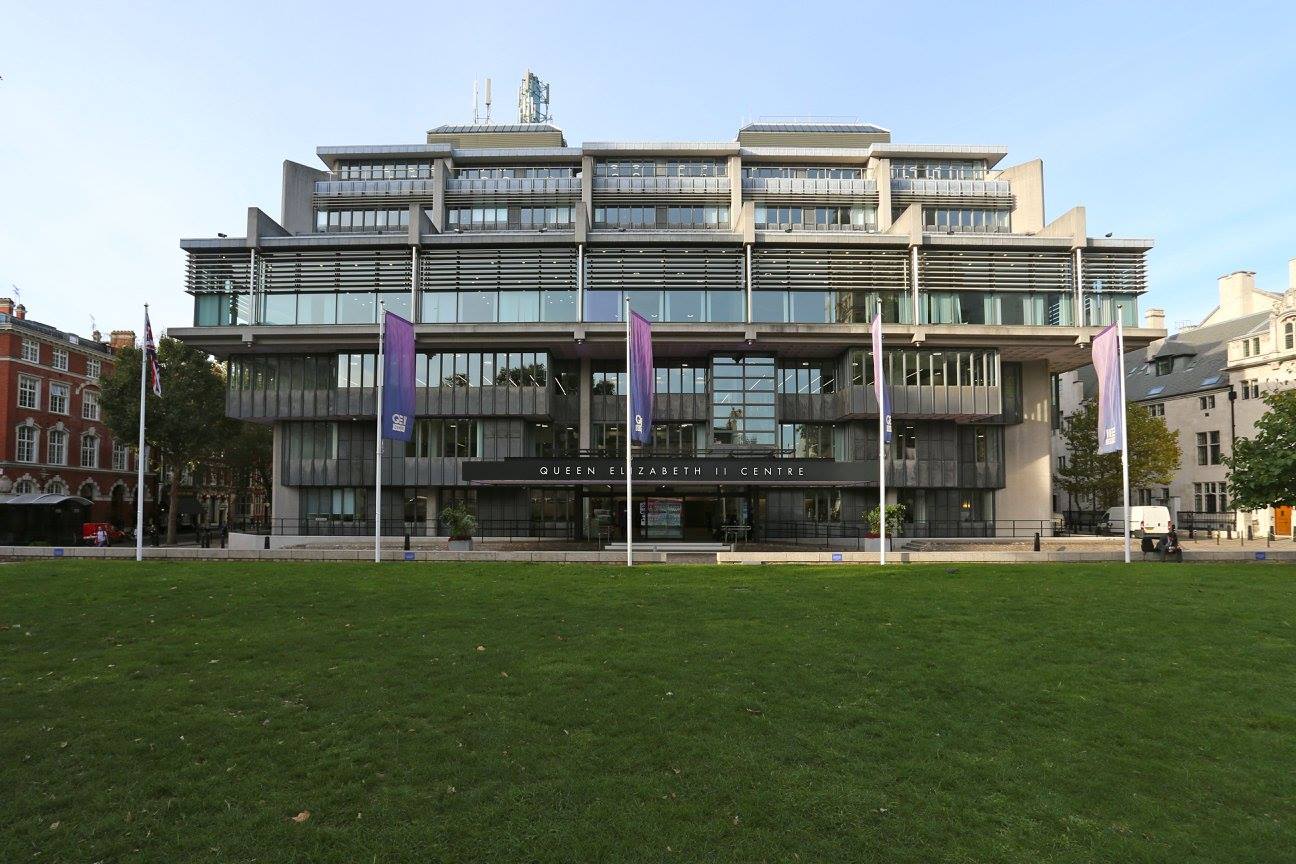
Hold onto your seats
The program was jam-packed with informative presentations led by some of the top names in the industry. There are many presentations worth mentioning as each one delivered a punch full of unique energy, shared knowledge and priceless information.
ISO 17100 and a lesson learned
ATC ISO Representative Chris Cox and STP’s Raisa McNab lead a massively impressive and in-depth master class on the ISO 17100 certification process and what it takes to meet criteria. As a replacement for EN15038, ISO 17100 delves much deeper by requiring more extensive background information on service suppliers, linguists, and staff. Services that are covered by 17100 have to be specifically defined to fit the standards, and although these standards are indeed strict, services that do not fully comply are not at all restricted but this should always be clearly stated.
The master class offered countless little gems of information but most importantly for me, it debunked the myth that ISO is a certification process for companies–it’s actually a certification for individual services and products.
Man vs. Machine? Maybe not
Machine translation and its impact on the future of the industry created quite a buzz at the conference. Brian Coyle of Kantan MT delivered an impressive presentation on the benefits of their software and what MT could mean for the future. This challenged my thoughts on the value and power of the Human element of translation and even with the most dedicated and artificially intelligent system, how could we possibly rely on a machine to do all the work? Is this the future of translation and what it could that mean for the language industry?
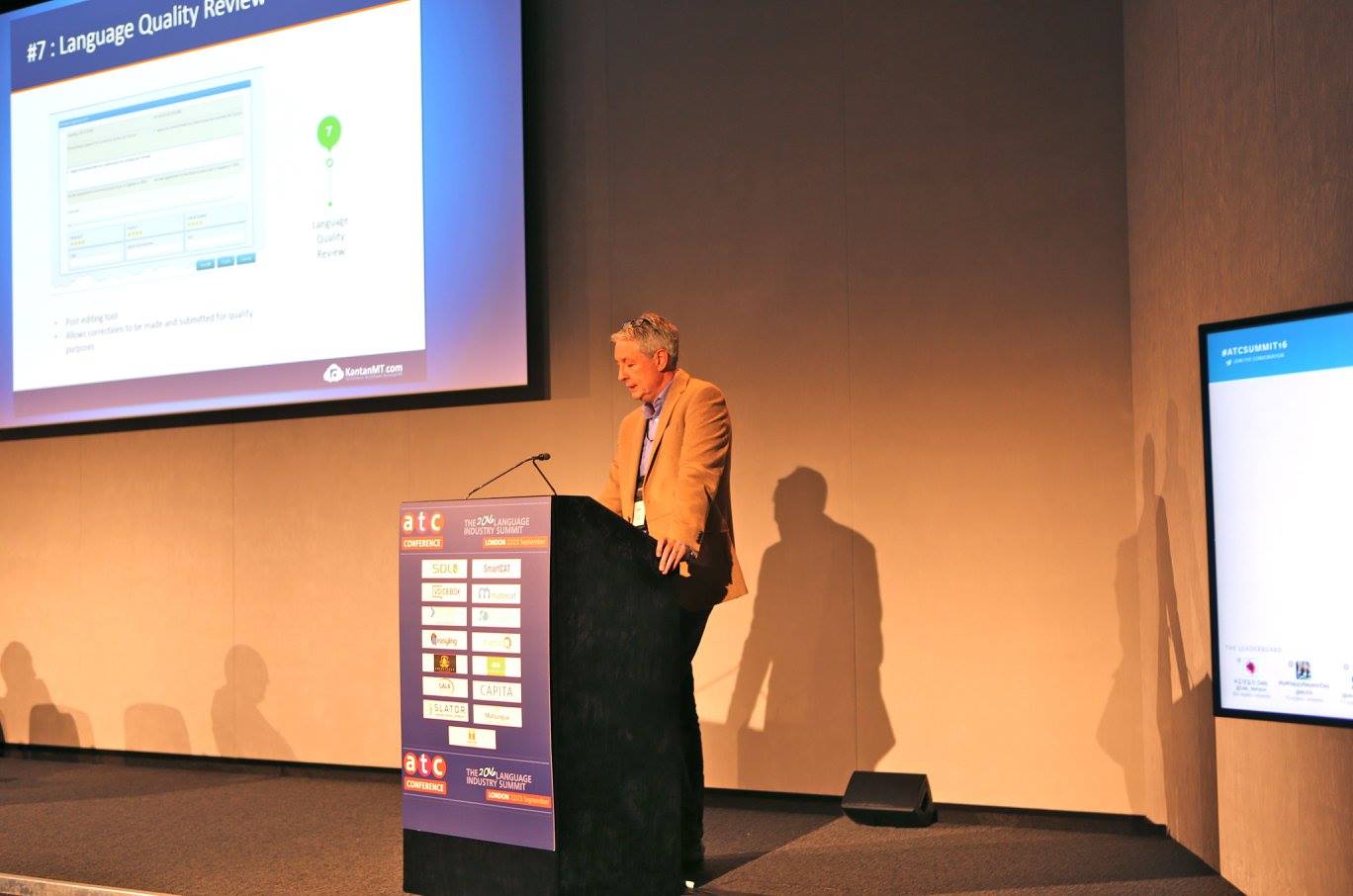
SDLs presentation presented a few interesting facts taken from an extensive survey they conducted, which served to better frame the discussion.
The survey covered various aspects and provided supporting statistics, but one of the highlights that caused a bit of a buzz was the section on “Quality is key.” Murmurs filled the room quickly, as attendees whispered uncertain comments and skeptical opinions about how the value of an automated machine cannot hope to outweigh that of a real person and still maintain a high level of quality.
This tied in with the costs, and gave rise to more questions on prioritization. The general feeling from the audience was to get the price right and prove the quality performance from there. The survey, in addition to the opinions from the audience also managed to establish that the language industry is a bit skeptical about how big of a role technology will play in the future of translations. The general opinion is that it has a place but it must be approached carefully.
This applies not only to MT but to cloud technology, too. Many felt that the sharing experience of using the systems compromised confidentiality and security. The fear of putting sensitive information “out there” has yet to dissipate among most. Some really good and valid points were raised and in an industry where we adhere to the terms of contracts which state that we have to be in full control of our documents and information, can we all feel safe if it's not kept completely in-house?
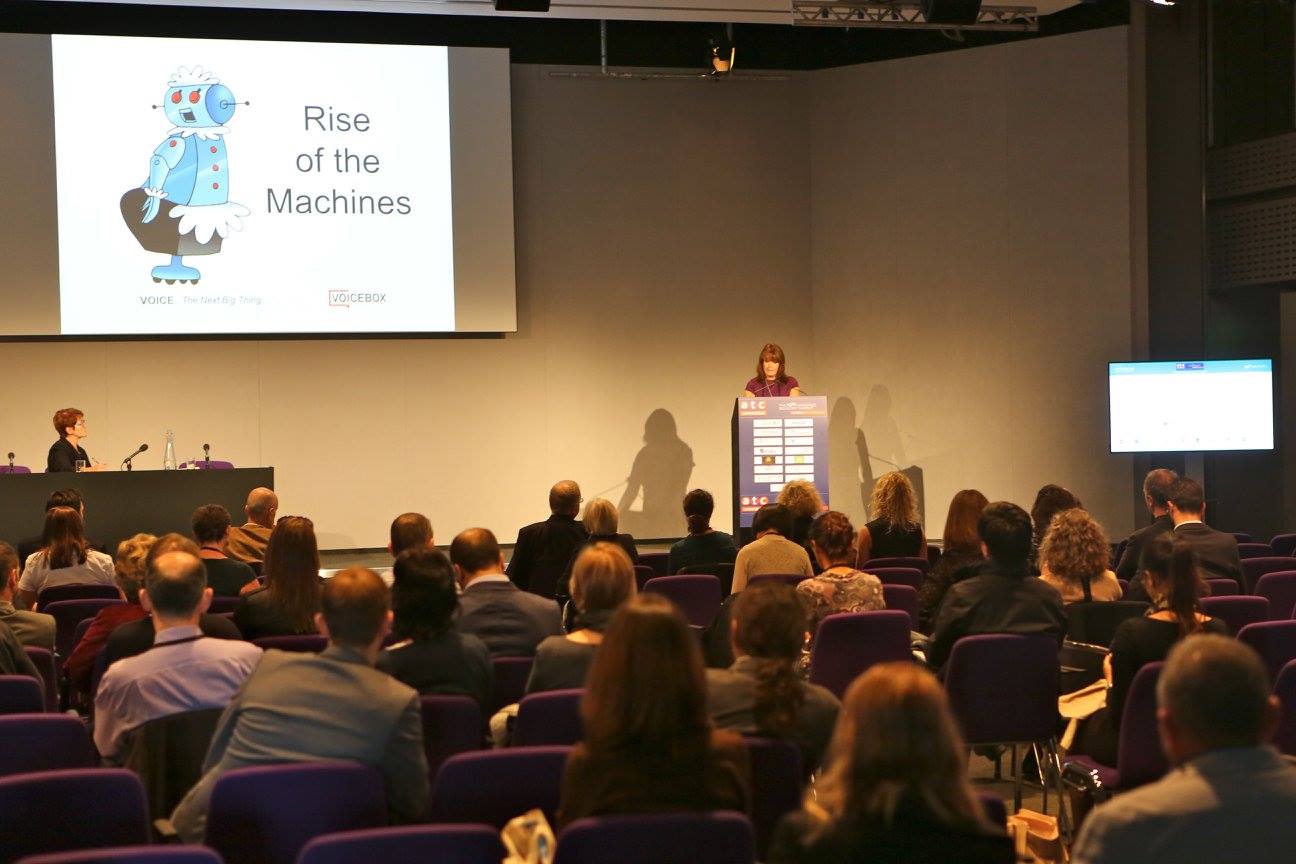
A cause that matters
Aimee Ansari’s presentation championed the attention of everyone in the room, and rightfully so. It underlined the importance of the work that Translators Without Borders are doing, and the progress they have been making in helping those who do not have access to competent interpreters and translators. With the current migration crisis showing no sign of resolution, TWB’s top priority is to ensure that these people receive the information they need to stay safe.
A key component of their mission is raising awareness of the importance of language in humanitarian work, and this crisis is no exception. Their message is simple,“Language Matters” and they are doing amazing work in bridging the language gap for those who need it most. This subject hit a soft spot among many in the audience and it is little wonder that TWB was one of the most delegate-supported organizations at the conference.
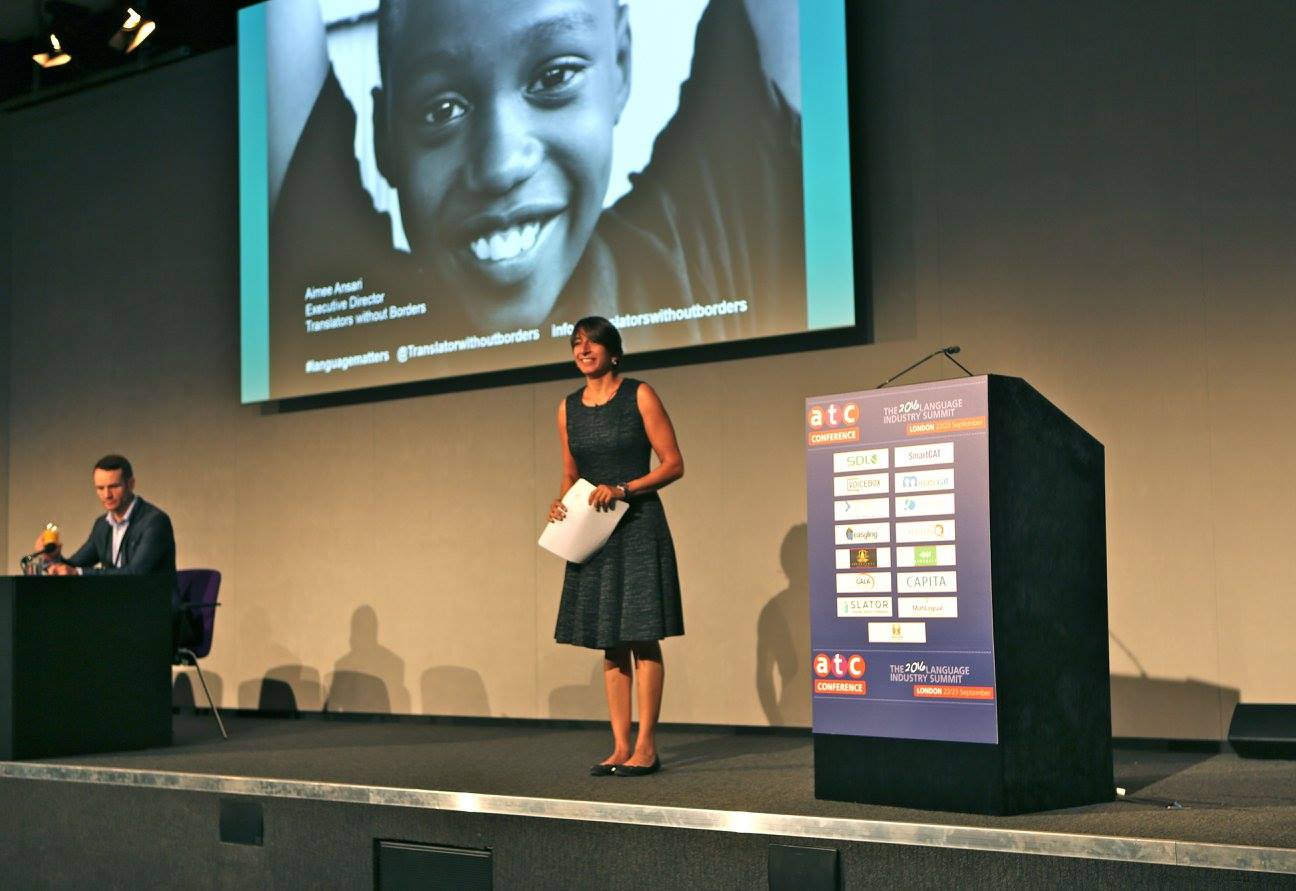
EU - UK = what for us?
The ‘Full English Brexit’ was one of the most anticipated events, especially given the current political climate between the UK and the EU. Florian Faes of Slator Magazine teamed up with STP’s Jesper Sandberg to lead the panel in discussions which dealt with the anxious questions of “where do we go from here”, “what are the opportunities for the industry now” and “what are the greatest implications of the Brexit situation.” The live Twitter feed, in full view of everyone in the room, was a really clever touch and created a unique environment for people to share their views.
Hats off to Florian and Jesper for conducting such a well-balanced discussion that effectively addressed the issues while staying clear of any kind of political views. It filtered through the existing opportunities available for companies, as well as possible developments we might see in the coming years. The audience remained relatively neutral and the general consensus seemed positive, even with some attendees admitting to having already looked into opening offices abroad to retain the benefits of being located in the EU. Linguists and agency employees alike seemed to be grappling with the consequences of having to emigrate back to their respective countries.
Myself an English expat, I was surprised by the room’s neutrality but the uncertain future of English-related language services in an EU minus the UK seemed to take center stage. As for the industry itself, I feel there will be more opportunities for English-related language services than ever before. The language itself will not disappear from the European market and will have to be maintained, even if England itself is not represented directly.
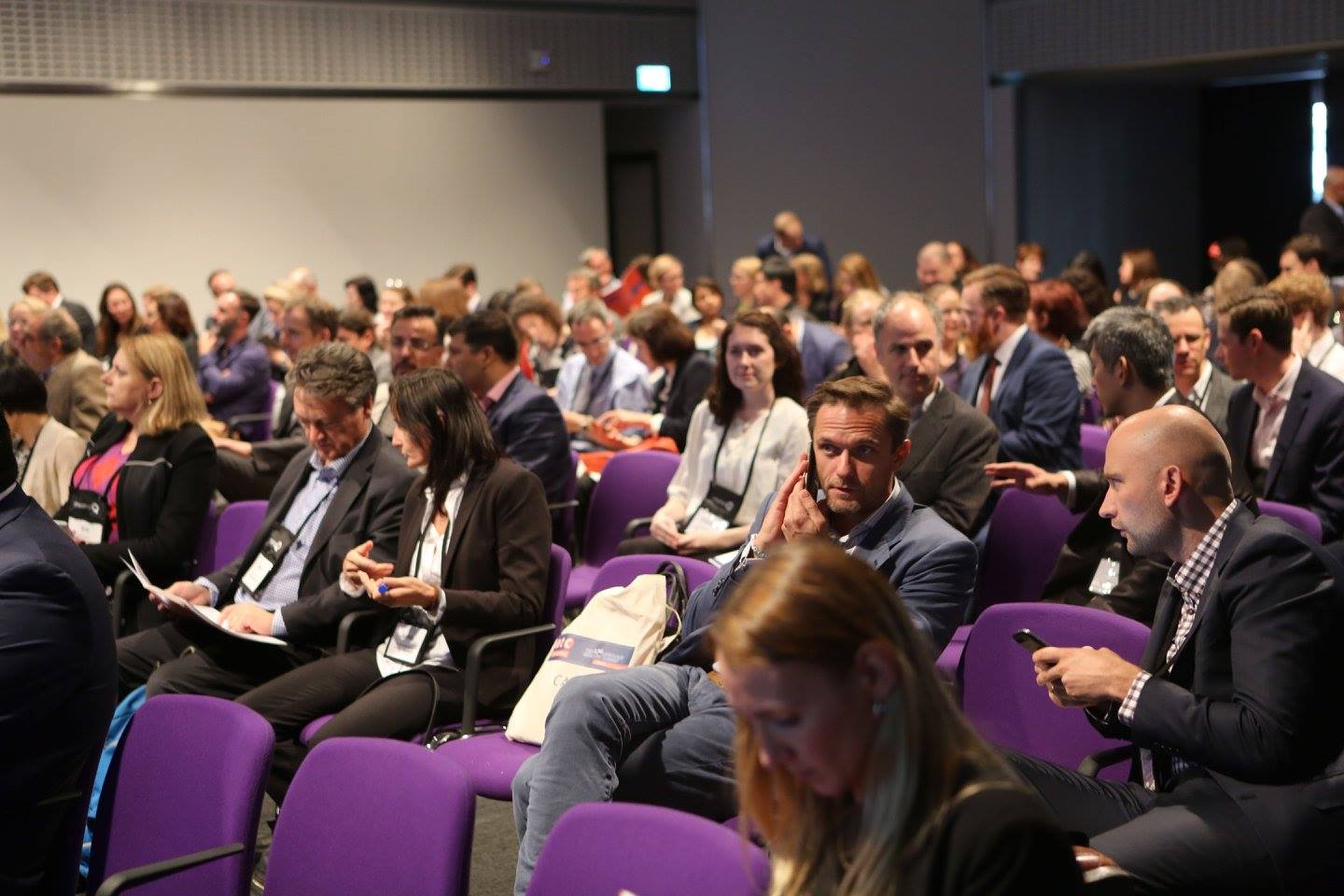
Final presentation
The last presentation I was able to attend was delivered by Roberto Ganzerli of Arancho Doc, Antonio Tejada from Capita Translation & Interpreting and Treehouse Strategy’s Steve Chu. Not only were their ideas and opinions thought provoking, but the audience was almost under a spell as they told of their personal experiences and the lessons they managed to learn along the way. It was both entertaining and inspirational to hear how those experiences shaped their careers and brought them to where they are today. They also had several tips and tricks to offer the audience: I was particularly intrigued by the idea of letting staff choose their own budgets and targets. Unconventional and uplifting!
Extra-conferential pleasantries
The overall ATC experience came with many highlights, both educational and entertaining. And some of those moments came before the actual event even started. Making the decision to arrive in London a day early gave me the opportunity to catch up with some familiar names and faces. Sara Summers of Language Line Solutions UK Ltd was exceptionally welcoming and gave me the grand tour of their offices. Her genuine delight and openness to share insight provided some great feedback to bring back to the office
A meeting with Gabriela Morales of Rosario, Argentina proved to be a great source of inspiration armed with a wealth of knowledge and years of experience. Her work ethic and values are beyond admirable. Her emphasis on the importance of quality and consistency as well as positive communication really resonate

Thanks for everything!
My overall ATC conference experience can only be summed up as exceptional. It was a healthy mix of educational, inspirational with some unforgettable moments - some thought provoking, some disagreeable, some surprising and definitely some AHA moments.
The most surprising takeaway from this experience was my change in heart about MT and what it means for the future of the translation industry. I respect the designers, manufacturers, and vendors, who understand MT as a means of empowering human translators.
I have a newfound appreciation for the work and organizing that goes into putting an event of this magnitude together. Everyone involved did an amazing job and succeeded in flawlessly creating a welcoming and friendly atmosphere.
If you liked this article, please share it with your friends and colleagues, we'd really appreciate that.
And you can also follow ZELENKA translations on Linkedin and Facebook page to get to know us little better. :-)
(Some of the pictures we've humbly added from ATC's Facebook page. Thank you!)




